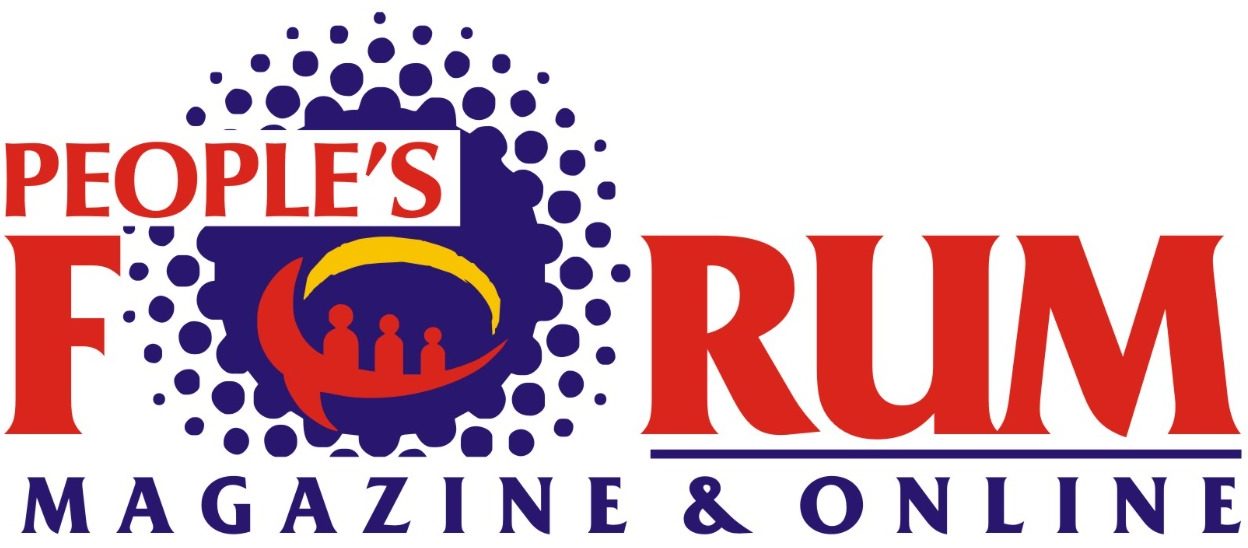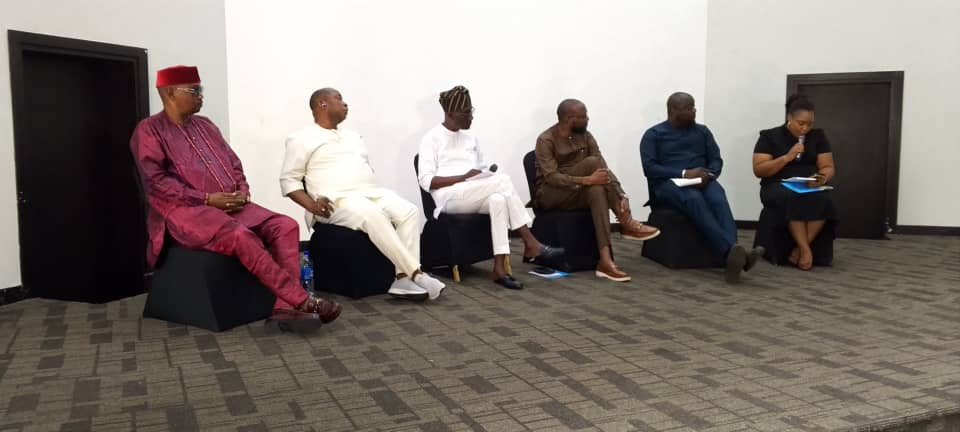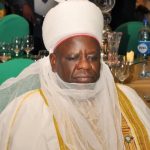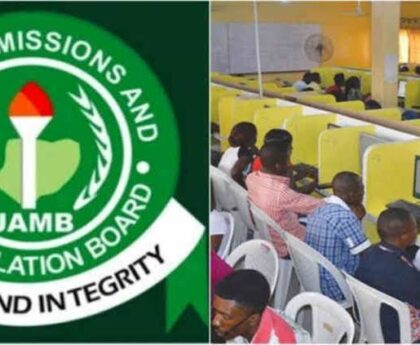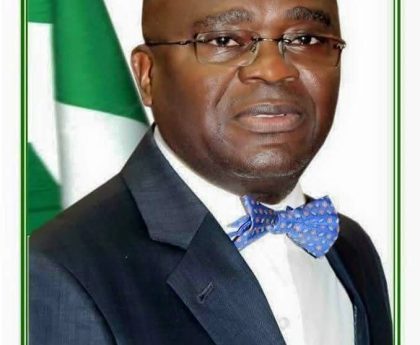The Nigeria Customs Service (NCS) has been enjoined to direct its focus on trade facilitation if African Continental Free Trade Agreement (AfCFTA) must succeed, former Acting President of Association of Nigerian Licensed Customs Agents (ANLCA), Dr. Kayode Farinto Collins has said.
Delivering a paper at the Maritime Reporters Association of Nigeria (MARAN) Second Annual
Maritime Lecture in Lagos last week Thursday, titled AfCTA: Dismantling Trade Barriers, Navigating Regional Trade, Farinto noted that Nigeria Customs must play a pivotal role on this and that one of the things that must be done is to ensure that trade is facilitated, even when there is a pressure on the area of revenue generation.
He said that he watched with keen interest,
Nigeria’s participation in the Biachara Africa 2024 summit in Kigali, and was delighted to hear statement from the Comptroller General of NCS, Wale Adeniyi, promising to ensure that trade facilitation which has been downplayed before now will become its focal point.
Farinto suggested that it is not out of place for NCS to roll out its Standard Operating Procedure (SOP) for AfCFTA.
He was glad to inform the gathering that NCS, for once seems serious about facilitating good trade, relying on the recent circular released to its officers to ensure that issues of alerts are not only streamlined but its incessant occurrences be addressed where every deputy comptroller in charge of revenue has been given a marching order to ensure compliance by its officers.
He, however, advised that what is only needed to be added is sanctions for non-conformist officers, which if done will mean that the major monster that can kill the AfCFTA has been successfully eliminated.
The former ANLCA acting President identified another problem that may be a stumbling block to the successful
implementation of AFCFTA which is the usual Nigerian habit of concealing information and pretending that all is well when it’s the opposite.
According to him, nobody expected a hitch-free take-off but people should stop pretending and deceiving all Nigerians as if all is well when there’s a lacuna.
“We are all aware of the controversy surrounding the first shipment under AFCFTA, where according to Mr Segun Olutayo, leader of enablement coordination of AFCFTA Nigeria, endeavored to window dress this controversy by saying receiving the certificate of origin under AFCFTA is only a preliminary step, akin to a starting point and does not necessarily indicate that a shipment has been made.
[-shipping position Pg. 9, Nov 11th, 2024)
“It is high time we stopped this our attitude whereby we conceal and distort real information to confuse and convince Nigerians that all is well when we know that with speaking out, people can proffer solutions to whatever problem that arises.
“Giving out accurate information is one of the factors that can make the AFCFTA a success (through information management). Concealing information from the public is not part of good information management and it runs negatively against the Free Information Act. “There is nothing wrong with confirming to stakeholders when issues go wrong, all that is needed is to allay their fears that whatever that is wrong can be corrected,” Farinto emphasized.
He also maintained that the maritime industry has not fared well in the area of logistics management, because it entails involvement of multi modal transport system. He described Nigeria’s reliance on road alone as a stumbling block and a barrier to free flow of trade.
“The ministry of blue economy needs to liaise with ministry of trade either on a private party agreement(PPA) or taking it as her core·responsibility to ensure that our over reliance on road is stopped. There is need for rail connectivity between inter lands and our ports, barges operation should be employed to reduce the congestion & traffic on road and to safe time for the success of African Continental free trade agreement,” he posited.
He also spoke on tariff and non-tariff barriers which barriers which are taxes on exported goods are other measures that regulate international trade.
He decried non-tariff barriers which include technical barriers, which are very many in Nigeria as virtually all federal government regulatory agencies have one fines, levies or the others that kill trade.
